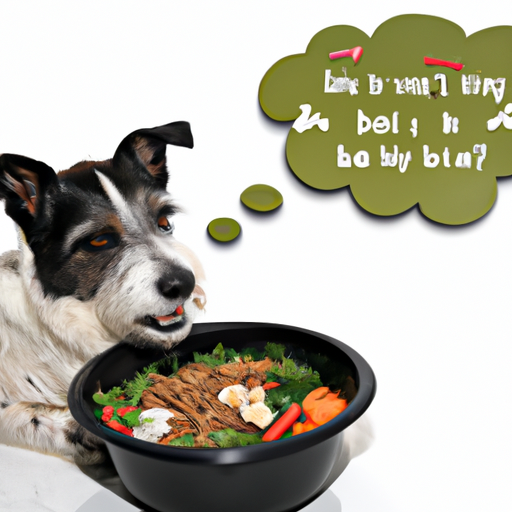You just want the best for your furry friend, and with the myriad of dog food options available, it’s difficult to know which one is the best for your pooch. Today, we will delve into the benefits of grain-free diets for dogs.
A Brief Overview of Dog Diets
Dogs are omnivores, not obligate carnivores like cats. This means they can benefit from a more varied diet than just meat. However, the question is, are grains essential to their diet or can they be replaced with other, more beneficial sources of nutrients?
- Grains in Dog Food: Grains, such as corn, wheat, and rice, are often used as fillers in dog food to bulk up the quantity without adding much nutritional value.
- Grain-Free Dog Food: Grain-free dog food, on the other hand, usually contains a higher percentage of protein and fat, and focuses on other sources of carbohydrates like potatoes and legumes.
The Benefits of a Grain-Free Diet
Grain-free diets can provide several benefits for your dog.
- Improved Coat Health: High-quality proteins and omega-3 fatty acids in grain-free foods can lead to healthier skin and a shinier coat.
-
Increased Energy Levels: More meat and less filler can mean increased energy levels in your dog.
-
Weight Management: Grain-free food is often lower in carbohydrates, which may help with weight management.
Potential Downsides of Grain-Free Diets
While grain-free diets can have many benefits, there are few potential downsides you should be aware of.
- Cost: Grain-free foods are often more expensive than their grain-inclusive counterparts.
- Nutritional Balance: Some grain-free foods may not provide a balanced diet if not carefully formulated.
Choosing the Right Grain-Free Food
Choosing the right grain-free food for your dog requires careful consideration.
- Quality of Ingredients: Check for high-quality, whole food ingredients.
- Nutritional Analysis: Ensure that the food provides a balanced diet for your dog.
Frequently Asked Questions
Q: Can all dogs benefit from a grain-free diet?
A: While many dogs can benefit, it’s not necessary for all. It’s best to consult with your vet.
Q: Is grain-free food more expensive?
A: Yes, grain-free food tends to be pricier due to the higher quality ingredients used.
Q: Can grain-free diets cause health issues?
A: In some cases, if not properly balanced, it could potentially lead to nutritional deficiencies. Always consult with a vet.
Navigating dog nutrition can be tricky, but with careful consideration and consultation with your vet, you can find the best diet to keep your furry friend happy and healthy.



